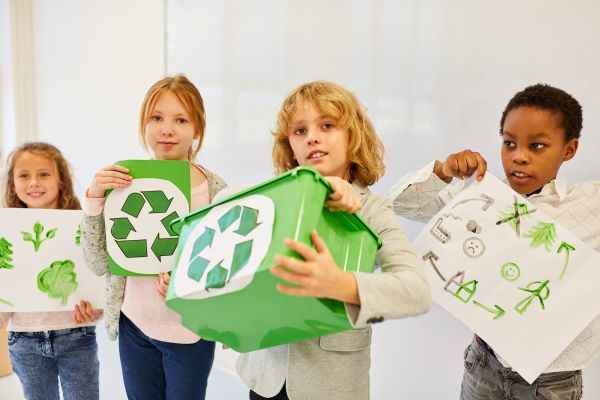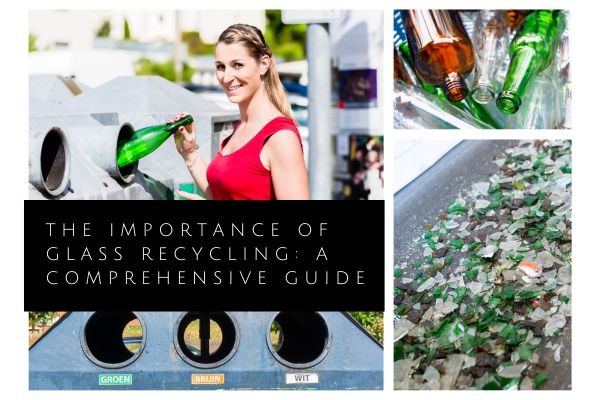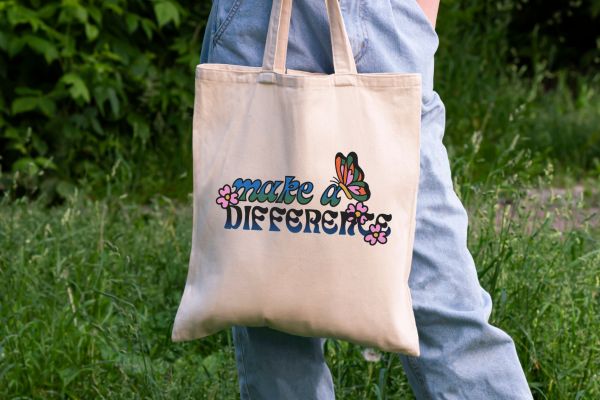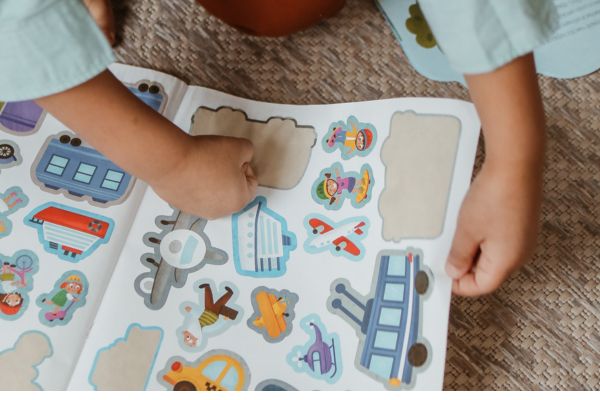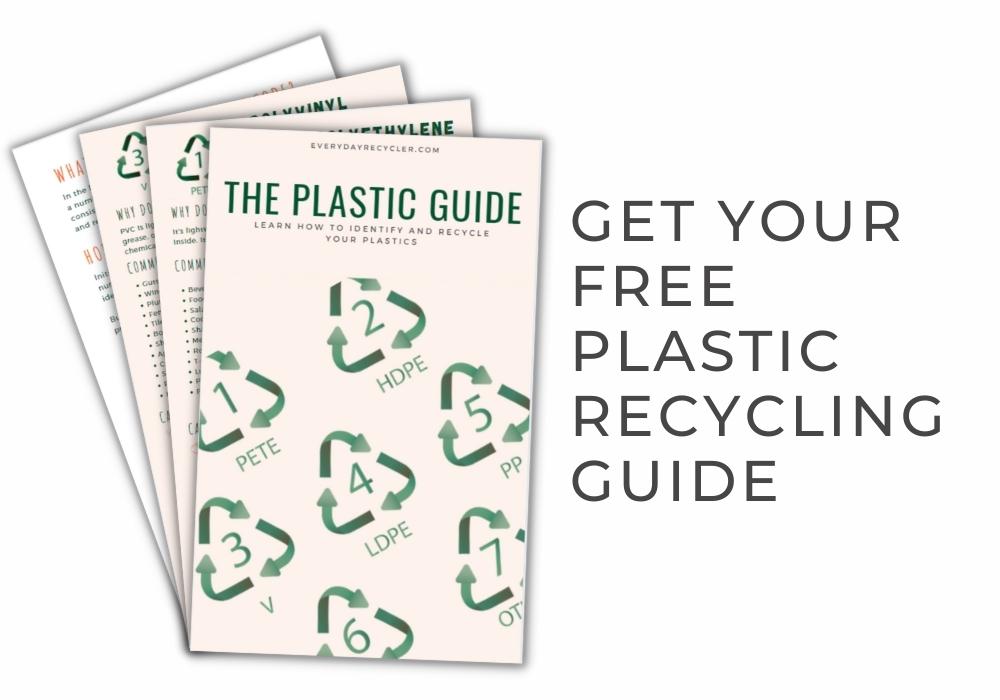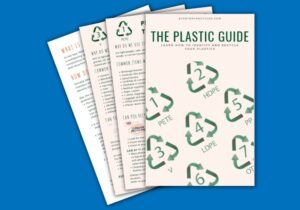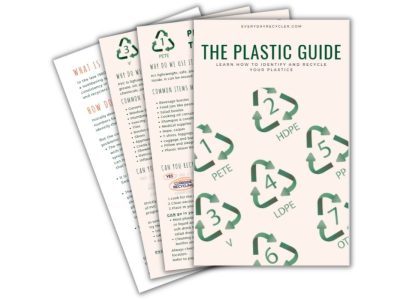In today’s world, where environmental challenges are becoming increasingly pressing, teaching children about recycling is not just a commendable endeavor; it’s an absolute necessity.
Recycling is the process of collecting, sorting, processing, and reusing materials that would otherwise end up in landfills or incinerators. It plays a pivotal role in conserving natural resources, reducing pollution, and mitigating the effects of climate change.
While recycling is essential for people of all ages, it holds particular significance for children for several compelling reasons.
- Instilling recycling habits in children at a young age fosters a lifelong commitment to environmental responsibility. Kids are like sponges, absorbing information and habits from their surroundings. By teaching them about recycling from an early age, we empower them to make eco-conscious choices throughout their lives.
- Educating children about recycling enhances their understanding of the interdependence between human actions and the environment. It allows them to become familiar with the concept of sustainability and understand the finite nature of our planet’s resources. This awareness can motivate them to take action, advocate for change, and make environmentally friendly choices in all aspects of their lives.
- Recycling education helps kids develop a sense of responsibility and accountability for their actions. They learn that their choices, like disposing of waste properly, have tangible consequences for the environment. It also gives them a sense of pride that they are helping reduce our impact on the planet.
There are many ways to promote recycling, whether it’s encouraging children to recycle at home, ensuring they understand recycling facts, or even assisting them in starting their own recycling club. Giving them positive examples of how they can make a difference is essential. In addition to the many projects and fun activities, buying sustainable gifts for kids is vital to help teach kids that recycling can be successful.
Facts About Recycling For Kids
Here are 10 interesting facts that make teaching children about recycling easy:
- Aluminum cans can be recycled and back on store shelves in as little as 60 days.
- Recycling one ton of paper saves approximately 17 trees, 7,000 gallons of water, and 463 gallons of oil.
- Glass can be recycled indefinitely without losing quality or purity.
- The energy saved by recycling one glass bottle can power a 100-watt light bulb for four hours.
- Plastic bottles can take up to 450 years to decompose in landfills, but they can be recycled into new products.
- Recycling one ton of plastic saves around 2,000 gallons of gasoline.
- Electronic waste, or e-waste such as mobile phones, contains valuable materials like gold and silver that can be recovered through recycling.
- Recycling a stack of newspapers just three feet high can save one tree.
- Old car tires can be recycled into various products, including playground surfaces and shoe soles.
- Recycling helps reduce greenhouse gas emissions by saving energy and reducing the need for landfill space.
These facts highlight the importance and benefits of recycling, both for environmental conservation and resource preservation.
Recycling project for kids
Kids can learn more about recycling by engaging in a variety of recycling projects at home:
- Set Up Recycling Bins: Set up separate bins at home for paper, plastic, glass, and metal. Label them so everyone knows what goes where.
- Learn the Rules: Every area has different recycling rules, so learning what’s accepted in your community is important. Look up the rules online and print them out (for younger kids, they will need their parents to help). Make sure to read them all and get familiar with them. Our Conquer Curbside Recycling Challenge is a fantastic way for kids to learn about their curbside recycling rules.
- Find Specialist Recycling Programs: You can find many recycling programs in your local area that take items not accepted by curbside recycling programs (this is particularly important if you don’t have access to a curbside program). These programs include things like e-waste, battery recycling, soft plastic recycling, or even more specialist programs like toothpaste tubes. Get your kids to make a list of these services and start collecting.
- Start a Recycling Club: Kids can get their friends and classmates involved in recycling by starting a recycling club at school.
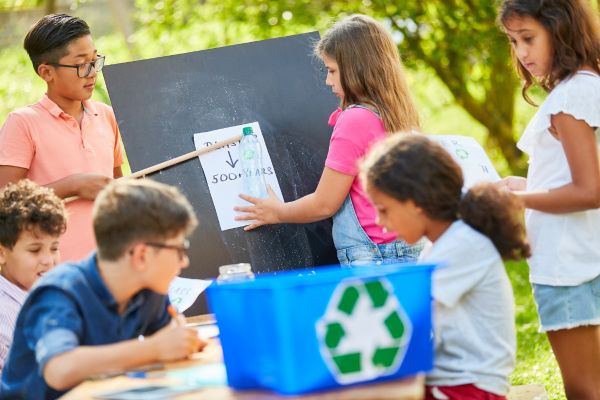
- Sign up for TerraCycle: You can sign up for many free recycling programs, collect the waste, and then post it into them. It’s a really good recycle for kids program where they can learn about the many different items that can be recycled. Plus, you can purchase zero-waste recycling boxes for your home, school, or office.
- Get your kid’s school to sign up for TerraCycle: Schools can sign up to TerraCycle and join as many free recycling programs as they want. When the bins are full and sent to TerraCycle, the school gets points that can be redeemed as cash.
- Visit your local recycling facility: Many facilities have open days or public tours available. Give them a call and see if your local facility runs these programs. It’s good to witness the process firsthand to appreciate the significance of the complexity of sorting and processing our waste.
- Finding Recycled Products: Another really enjoyable way to help your kids learn the importance of recycling is to show them the positive outcomes of recycling. Buying recycled gifts for kids helps offer them real-world examples of how recycling efforts come full circle.
Fun Recycling Activities for Kids
Kids recycling ideas can be a lot of fun, too! Here are some cool projects you can try:
- Make Art: Get creative by turning old magazines, cardboard, and bottles into art projects. You can make collages, sculptures, or even jewelry.
- Upcycle Clothing: Instead of throwing out old clothes, give them a new life. Plus, learning how to sew is a great skill to have. You can decorate them, turn them into new items, or donate them to those in need.
- Garden with Compost: Composting is like recycling for food scraps and yard waste. You can create your compost pile and use the nutrient-rich soil to grow plants in your garden.
- Donate toys and clothes: Learn more about the importance of reuse by getting your kids to clean out their toy boxes and take them to a local donation center. That way, they can be reused by other children and not end up in landfill.
Recycling is like a superpower that everyone can have. It’s a simple way to make a big difference in the world. By encouraging your kids to recycle, they can help protect our environment, save energy, and keep our planet clean and beautiful, something they will benefit from in the future.


